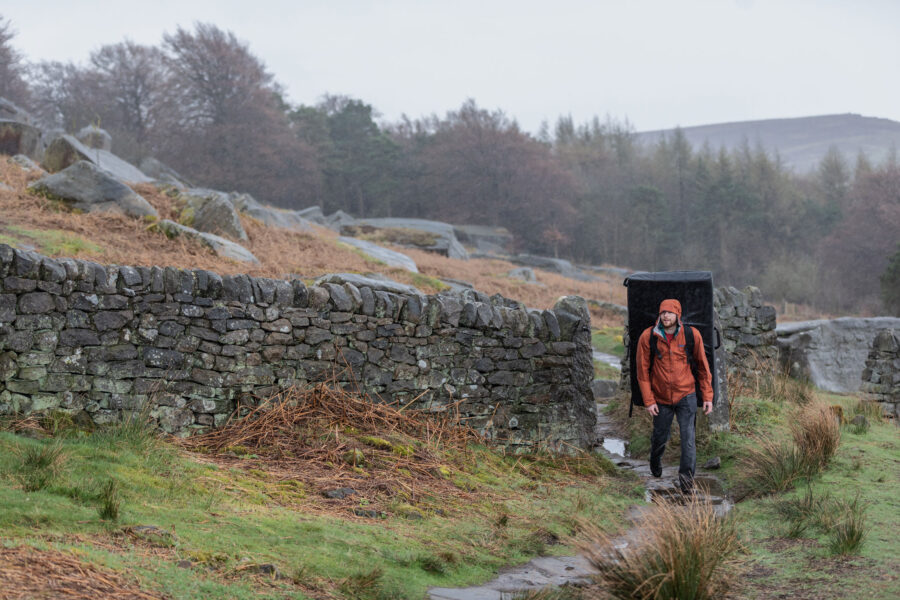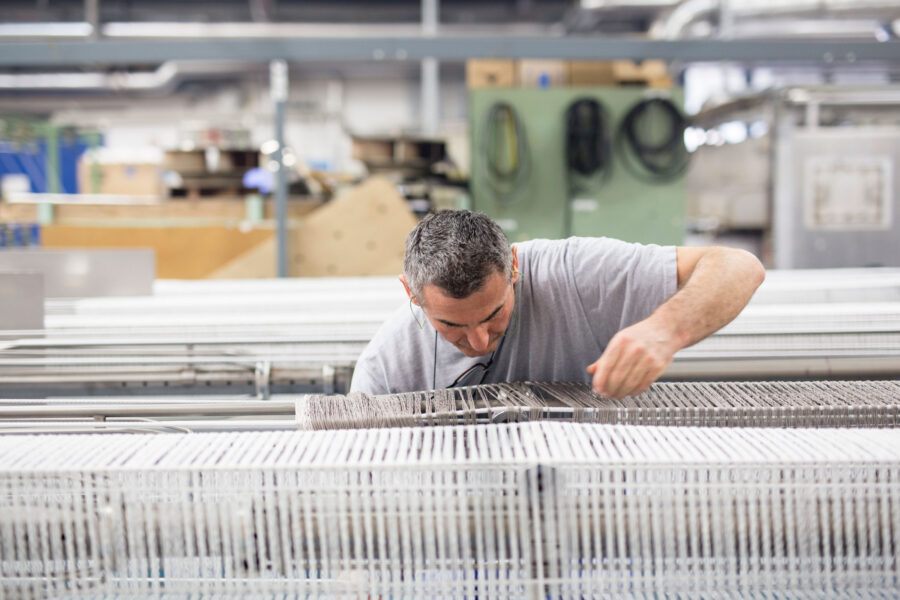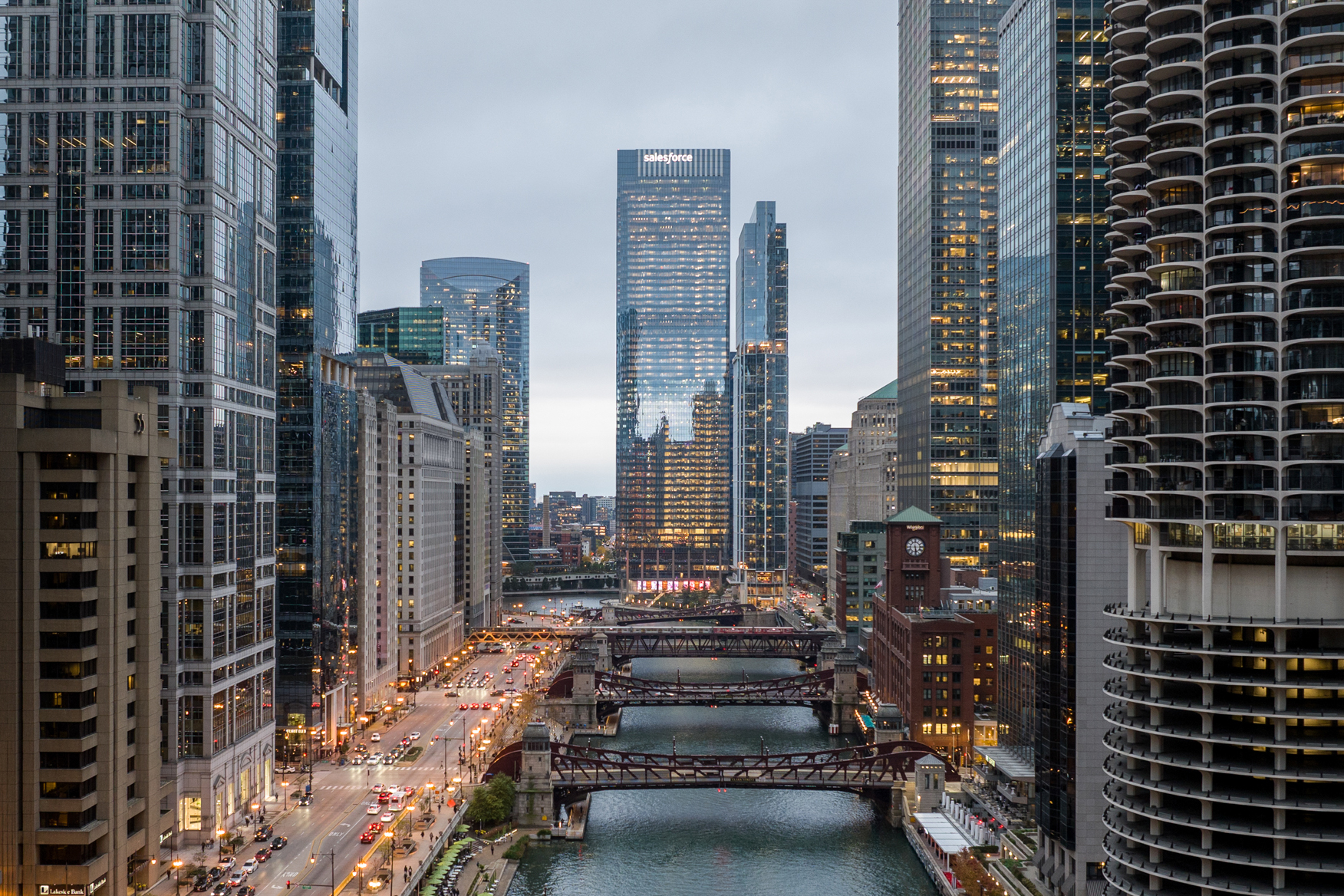Story at a glance:
- Corporate social responsibility (CSR) is a principle that directs actions and programs in line with a private company’s business model that benefit workers in its supply chain, the community, or the environment while maintaining the company’s profit margin.
- Examples of CSR include community development, grants to nonprofits, ethical investment, or charitable volunteering.
- Corporate social responsibility initiatives promote a brand’s reputation and ultimately are designed to drive profit.
Recent polls and market research are clear: Millennials and Gen Z overwhelmingly choose to work for and purchase the products of ethical companies making an environmental or social impact. Businesses exhibiting corporate social responsibility (CSR) are their favorites to join or buy from. There’s no doubt that sustainability is their leading goal post, setting a high bar.
In this article we explore seven remarkable—yet achievable—examples of CSR.
What is Corporate Social Responsibility?

Patagonia’s Torrentshell jacket uses ECONYL regenerated nylon made entirely from waste. Photo courtesy of Patagonia
Corporate social responsibility (CSR) is a term for the strategic initiatives voluntarily enacted and promoted by for-profit companies that enhance societal well-being or benefit the environment while not detracting from the company’s profits in a significant way.
Examples of CSR include:
● Installing wells in developing countries where a company’s raw materials originate
● Literacy programs in those countries for workers and their families to improve their quality of life
● Grants to environmental nonprofits that reforest degraded landscapes in places at the base of their supply chains
● Investing in startups whose sustainability goals are aligned with yours
Other terms for CSR include corporate sustainability, social impact, sustainable investing, or responsible business.
7 Examples of Corporate Social Responsibility

ECONYL nylon is made in the Aquafil Arco facility. Photo courtesy of ECONYL by Aquafil
With the increasing popularity of CSR, especially its focus on sustainability, there is no shortage of companies that are shining examples of corporate social responsibility.
Here are seven companies making a difference.
1. Salesforce
The new Salesforce Tower Chicago speaks volumes about the company’s commitment to sustainability.
At this new landmark for the city, “People can ride their bikes into the building right into the bike storage below the building. It’s very much this physically active, outdoor-focused environment that supports the youthful spirit of Salesforce,” Darin Cook, partner at Pelli Clarke & Partners and the lead architect for the Chicago Salesforce project, told gb&d.
Salesforce Tower Chicago is the first building in Chicago to require and measure environmental product declarations (EPDs), which translates into a lighter carbon footprint. With a 27% reduction in concrete used and a 9% reduction in steel, compared to the industry standard, that equates to saving 7,800 tons of CO2, or getting 1,500 cars off the road a year, Cook says.
2. Google
When you think of search engines, you likely think of this tech giant. But do you think about post-consumer ground glass as a replacement for cement in concrete, and gypsum wallboard recycling? It’s true.
“Sustainability is Google’s quiet moon shot. Tough problems, long bets, and innovation are part of the company’s culture. If we can prove sustainable business techniques just make sense, we hope the industry—from manufacturers and suppliers to real estate developers—will decide to invest in these techniques as well,” says Robin Bass, lead of the Google team spearheading this collaboration, in an earlier article for gb&d.
Google has teamed up with Building Product Ecosystems (BPE) to explore the sustainability of its built environments. In the process they’re diverting thousands of tons of construction waste from landfills and reducing the environmental impacts of gypsum mining.
3. Patagonia
Founded in environmental protection and anti-consumerism, Patagonia is a stellar example of CSR. Its Worn Wear program teaches customers to repair and reuse its clothes rather than throwing them away or buy replacements. Worn Wear operates through global repair centers and tours, and the efforts so far have been largely successful.
Patagonia continues to be an example of CSR with partnerships like the one with Aquafil, makers of recycled nylon. “Using ECONYL recycled nylon is a way to prove to other manufacturers the material can stand up to the high-quality standards we demand in whatever we design and build,” Patagonia’s Gin Ando told gb&d.
4. Aquafil
In 2008 Aquafil encoded its commitment to CSR with its ECO PLEDGE. Its five pillars are: rethinking products in a circular perspective; protecting the environment; sharing responsibilities throughout the value chains; caring for the well-being of individuals; and supporting the local communities.
“In the last year alone we have spent €10.7 million on R&D activities to develop cutting-edge technologies and circular materials that reduce the industry’s negative impact on the planet. Our objective for 2025 is to generate 60% of our fibers revenues from ECONYL nylon and other regenerated fibers. We aim to do this by increasing waste recovery, strengthening take-back programs, and educating and communicating our vision to clients,” Aquafil CEO Giulio Bonazzi previously told gb&d.
Aquafil also contributes to charitable organizations like Alba Chiara APS, a domestic violence protection group. They invest in the future by partnering with New York City’s Parsons School of Design and Burg Giebichenstein University of Art and Design Halle in Germany.
5. New Belgium Brewing Company
This Colorado B Corp—certified to meet rigorous standards of social and environmental performance, accountability, and transparency— diverts 99.9% of its waste from the landfill and is a Platinum-certified Zero Waste Business.
“We cofounded the Glass Recycling Coalition to increase cullet (recycled glass) across the US and eventually, hopefully in our own beer bottles. Glass is infinitely recyclable and bottles can contain over 95% recycled content. It’s a wonderful material for the circular economy, but it’s terribly underutilized. Recycled content averages around 33% in the US. We need to fix the collection system so recycling is more economically viable, and the Glass Recycling Coalition convenes the entire value chain to solve these issues together,” Katie Wallace of New Belgium previously told gb&d.
New Belgium also maintains philanthropic partnerships with GRID Alternatives and BackCountry Hunters and Anglers (BHA). With the help of state incentives and private donors, GRID installs solar in low-income, polluted communities by community members they’ve trained and employed. BHA mobilizes hunters and anglers to protect public lands and builds bridges with other outdoor sports.
6. Netflix & Spotify
Practicing CSR of a different variety, Netflix and Spotify offer their employees exceptional paid parental leave policies of 52 and 24 weeks, respectively for both parents.
They’re both also adept at using their social media platforms to support social movements—including Pride Month, environmental sustainability, and Black Lives Matter.
7. Microsoft
This tech giant is a perfect example of CSR by working on multiple goals including employee volunteering, humanitarian aid, becoming carbon negative and zero waste.
In 2022 Microsoft donated $255 million to over 32,000 nonprofits. More than 29,000 Microsoft employees volunteered more than 720,000 hours to various causes. Most recently, Microsoft pledged $1 billion to develop technological innovations to curb the climate emergency.



